The Ministry of Defence (MOD) has awarded a £10.2 million contract to TQ Education and Training Ltd to provide apprenticeship training for soldiers in the Royal Armoured Corps (RAC) and the Royal Army Veterinary Corps (RAVC).
The six-year contract, set to begin on 1 August 2025, is part of Tranche 3 of the Army Apprenticeship Programme (AAP) and is contingent on continued funding from the Apprenticeship Levy or the Education & Skills Funding Agency (ESFA).
The Army Apprenticeship Programme (AAP) provides soldiers with specialist vocational training, equipping them with recognised qualifications and skills that enhance their military careers and future employment prospects.
According to the contract award notice, the MOD is seeking service providers to support apprenticeship delivery for the Adjutant General’s Corps (AGC) and the Royal Military Police (RMP) as part of the broader programme.
The training contract was awarded following an open procurement procedure, with four tenders submitted. TQ Education and Training Ltd, headquartered in London, was selected as the provider.
Contract Details and Evaluation Criteria
The procurement process evaluated bids based on a combination of technical, commercial, and social value criteria. Key assessment areas included:
- Curriculum planning and management
- Apprentice onboarding, support, and engagement
- Quality assurance and continuous improvement
- Leadership and contract administration
With a weighting of 60% technical and 30% commercial, the contract also emphasises social value, aligning with broader government priorities for workforce development and post-service career opportunities.
The British Army has a long-standing commitment to vocational training, with thousands of soldiers undertaking apprenticeships each year. The MOD states that these programmes play a vital role in developing personnel and ensuring a highly skilled military workforce.
TQ Education and Training Ltd will be responsible for delivering industry-recognised qualifications under the contract, supporting the long-term development of soldiers across key Army branches.




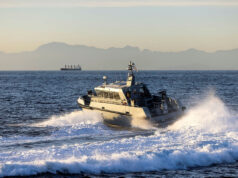
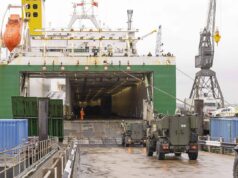

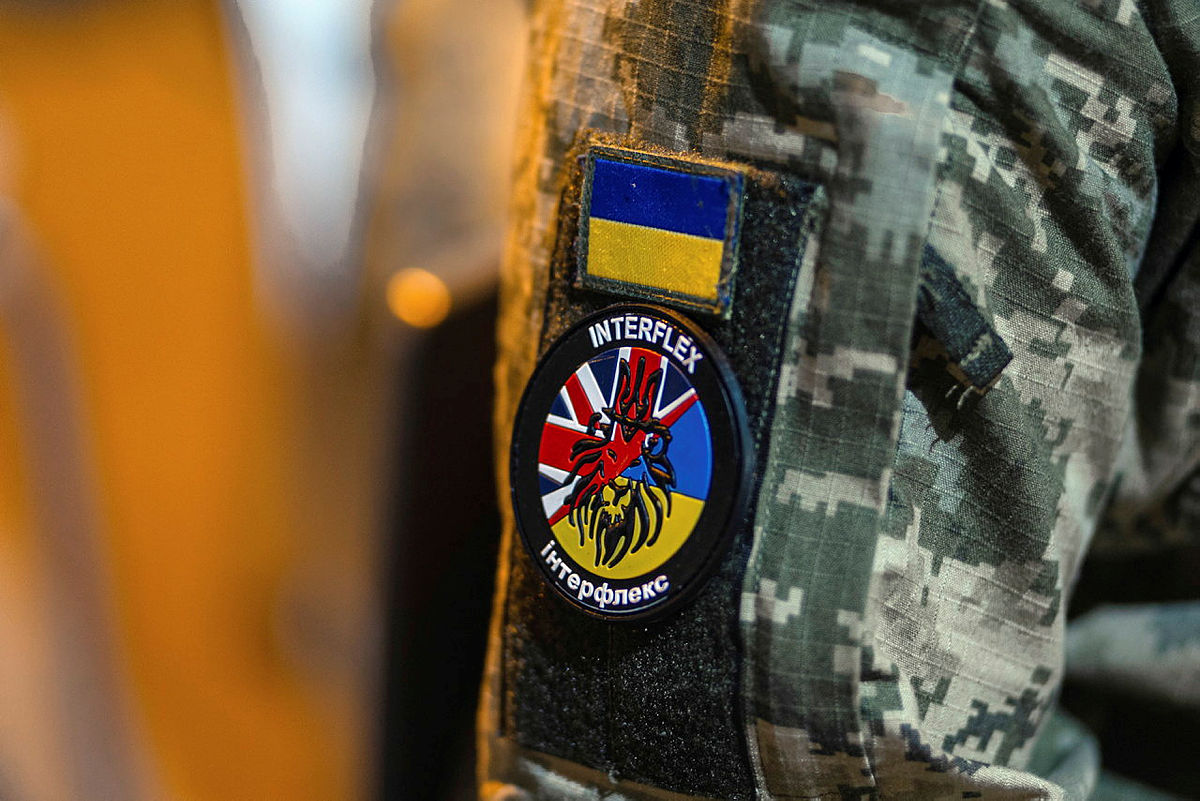
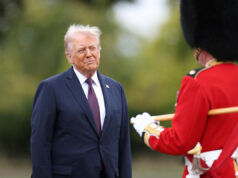
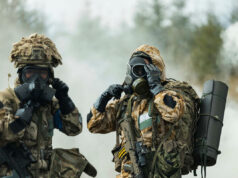




I wondered why the Army needed so many veterinarians at the Defence Animal Training Regiment in Melton. Of course, the Army has twice as many horses as tanks. And a lot of dogs, many of whom saw active service IED hunting in Afghan and Iraq
Reminder that a single Cavalry Squadron needs about as many Horses than an entire Armoured Division needs MBTs (and the cost is still much lower than a single Tank Sqn).
I just received $6618 working off my Iaptop this month. And if you think that’s cool, my divorced friend has twin toddlers and made 0ver $Â15781 her first m0nth. It feels so good making so much money when other people have to work for so much less.
This is what I do……… work43.marketingℱÂ
please don’t copyâ€â„±Â†In Url Thanks
Blimey I think that’s the most damming summary of the state of the British Army I’ve ever read.
“More Horses than Tanksâ€
In 1939 / 1940 the BEF deployed in France was the only 100% mechanised Army in the world.
With the state ceremonial roles, it doesn’t surprise me.
That’s not entirely true. The British Army certainly was not fully mechanised in 1940, in fact some TA cavalry units where still on horseback (A TA yeomanry squadron even charged in Palestine in spring 40 I believe, but I want yo double check the date and circumstsnces).
The kernel of truth that springs from is that only fully mechanised units where sent to the BEF, the remainder bring retained in the UK or on imperial duties. But if you compare the full British Army with its reserves called up in 1940 to the German and French Armies, it looks very similar (just with almost mo armoured divisions).
French Republican Guard consists of just 2,800, consists of 2 infantry regiments and 1 cavalry (some of whom are Motorcycle Outriders). Can we still justify this ?
It’s an open question ! But before anyone shouts about how much money Tourism brings in just remember that France has 300% more visitors than the UK.
Vs.
1 Battalion on PD in London.
1 Battalion on PD at Windsor.
5 Guards Incremental Conpanies.
The HCMR, so 2 two Sqns, one of LG, other the B&R.
KTRHA.
Plus Bands of the Foot Guards and the Household Cavalry.
The other one often brought up is a location. People want Wellington Barracks closed. I don’t. It’s a strategic site within the Whitehall Security Zone, and a secure location, not only to muster troops, but for use by helicopters, as seen with Zelensky the other day.
Unlike some other countries ceremonial troops, ours rotate into combat roles.
No issues from me with any of it.
It’s not even that, with IG in the SFA role the incremental coys have been reinforced and taken over the 2nd PD btn.
So it’s now
-1 PD Btn
-6 Incremental Coys/IG
-HCMR
‘-KTRHA
(That being said I think the entirety of CAMUS falls under HQ London district,even if they are based outside of London.)
Thanks. Even less than I thought.
So in reply to Rodney, yes, for me at least, this level is justified.
Also side note, The Bundeswehr is absorbing the German Territorial Defence Command into the Army, and is establishing a rear area security division, aimed at protecting logistics hubs, critical infrastructure, and enabling the forward movement of German and Allied Forces.
All reservists of course, but a step towards the creation of European 🇪🇺 3* and 4* support structures.
Surely the RAC, RAVC and AGC are capable of running an apprenticeship training programme on their own without yet another costly contracting out job? We have always had high training standards, which have been admired internationally.
What is so hard about training to get some vocational qualification? If these corps are short of some specific expertise, sure bring in a few civvies short-term to assist.
It was a favourite Conservative thing to privatise/contract out as much as possible, in order to cut service numbers and save money. I hoped these days would be over with the new Government but it will no doubt need a rocket up the MOD’s posterior to change their beancounter approach.
At a guess: It’s probably less to do with running training programmes that are up to the standards of the various Corps, and much more to do with the desire to make those apprenticeships have value on the civilian market. So for example: Medics complete (or at least completed) their military training without input from civilian apprenticeship programs, but then they gained a level 4 civilian qualification in medical care that required a contract with a civilian training contractor that was in a position to award those qualification.
Same for NCO’s, Corporals throughout the Army have the option to, as part of their promotion cadre’s, to acquire a Civilian Qualification in Leadership and Management. The army does not provide this, instead it contracts a civilian org to award those qualifications.
These contractors are not in fact providing additional training, instead they are taking the military training syllabus, adding a few extra testing criteria (eg a Thesis, logged workbook, or exam) that would be required at the end of a civilian course, and on completion of said criteria awarding individuals the qualification. It would probably be even more expensive for the military to maintain government certification as educational institutions capable of awarding those quals, and sometimes the qual is just not relevant to the military job (eg there’s no point having a Corporal writing a thesis on Leadership and Management from a Military perspective). But it makes sense from a recruitment and retention POV.
Excellent analysis and explanation Dern, which sheds some light on this expenditure.
Having a recognised qualification that works in the civilian market will certainly be attractive to those thinking of joining and important for those leaving the service and entering the workplace.
In the past, the Royal Army Education Corps would have done this. I wonder whether its successor, the Education & Training branch of the AGC, should not be a recognised certification body for most of these apprenticeship qualifications. (Take your point about management and leadership-type qualifications, where civilian expertise is needed).). With £10m being splashed on this, surely the service could do a lot of this in-house. Compliance is an expensive business and contracting out makes it moreso, as suppliers charge commercial rates and need to make a profit. If the ETS could do the job for the same kind of money, it would make sense to bring this in-house.
Thanks Cripes,
ETS usually validates in-house training, and qualifications that are actually required to do the job. I don’t think they actually give out qualifications on resettlement, they just do the admin of loading people onto the right course at the right time and help guide people through the resettlement process (I think, I haven’t been through resettlement myself). Also worth remembering that while some apprenticeships where offered back in the day, plenty of career pathways withing the Armed Forces ended with no civilian qualifications.
Being a governing body that can award civilian qualifications in the UK is not a small thing, and since the MoD would have to give out qualifications from Healthcare, to Bricklaying, from Plumbing to Management, and all sorts in between, I don’t think trying to maintain a certification as a governing body would cost less (I also think that an MoD awarded qualification would still be a “?” on civilian street, while one awarded by a civilian organization that is a known quantity on the civilian market is probably worth more to a civilian company hiring. Eg a City and Guilds Level 4 qualification in Leadership and Management means more to someone hiring for a position than a Infantry Battle School Level 4 qualification in Leadership and Management [at that point you might as well just hold up your SCBC results frankly]).
(By ETS not handing out qualifications, I mean you do get the qualification, but I’m reasonably sure that the Qualification is awarded by a Civilian Contractor, not by ETS itself).
Cripes, Not sure why you think the RAEC (now ETS) would have delivered all apprentice training in the past. In REME we had the REME Apprentices College at Arborfield (later renamed Princess Marina College I think). The old RAOC had their App Coll in Deepcut. etc etc. There were several all run by their own capbadge military staff, sometimes augmented by a few Civilian Instructors (CIs) who were civil service grades and were usually ex-military.
The REME College evolved eventually to be multi-capbadge (but still technically orientated), and was then relocated to Harrogate.
Outsourcing increases inequality by transfer of profits to the rich, in house most likely more tax efficient as no creative accounting and avoidance.
That’s a silly comment. Being a body that can award civilian qualifications is no easy thing in the UK, and for the MoD, with it’s very diverse skill set, to be an awarding body in a huge variety of qualifications, none of which are necessary for the MoD to actually work, would certainly not be cheaper.
Suppose the UK army wants the taxpayers to forget the £240 million wasted on software to improve recruitment that never worked. We have a useless military while buying yachts for It executives… I’d like to know who all benefited from the £240m deal, do some digging?
Morpheus communications system is still dragging on costing 690 million, as Ajax was delayed and the GD US submarine project late and will cost hundreds of millions more than budgeted for. Is it wise to give GD work ?
Rowan, are you American? We call our army ‘the British Army’. Our army is not useless and is not totally hobbled by Capita’s poor record of recruitment. Recruitment is only one aspect of an army.
“We have”
You are no Brit calling the Army “the UK Army.”